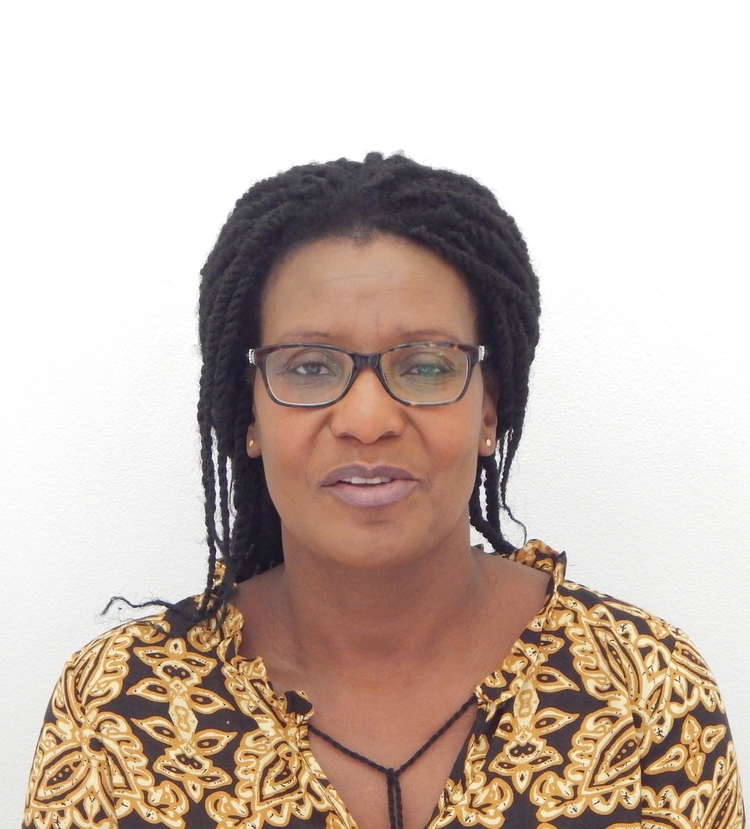
The Sunday Mail

Disability Issues
Dr Christine Peta
INFORMATION and communication technology (ICT) presents an opportunity for accelerating the social and economic inclusion of persons with disabilities.
ICT refers to a broad field encompassing computers, communications equipment and the services associated with them.
It includes the telephone, cellular networks, satellite communication and broadcasting media.
The availability of affordable and accessible ICT improves the inclusion of persons with disabilities in all facets of life; for example, mobile devices, web services and television.
The Department of Disability Affairs in the Ministry of Public Service, Labour and Social Welfare is working in collaboration with the Postal and Telecommunications Regulatory Authority of Zimbabwe (POTRAZ) and the Internet Society of Zimbabwe to train persons with disabilities so that they acquire basic ICT skills.
A robust programme that seeks to train persons with disabilities in both rural and urban areas, and in all the 10 provinces of Zimbabwe has been rolled out.
In a speech read on his behalf, POTRAZ director-general Dr Gift Machengete said: “The basic ICT skills training course is aimed at introducing to ICT persons with disabilities, who have no prior knowledge in this field. It explores the basic hardware components, and how they work with software components.”
The first group of participants attended the course in Chinhoyi, Mashonaland West province, and were drawn from Makonde, Zvimba, Chegutu, Norton, Kadoma, Hurungwe and Kariba.
The participants were persons who are blind.
Others were individuals with albinism, who experience challenges with their eyesight.
The basic ICT skills training took place at the Diocese of Chinhoyi Pastoral Centre.
Overcoming barriers that hinder persons with disabilities from acquiring ICT skills requires the collaboration of stakeholders in every sector, as well as concrete actions by each group, with relevant indicators being put in place to monitor progress.
The collaboration of the Department of Disability Affairs, POTRAZ and the Internet Society of Zimbabwe in rolling out the basic ICT skills training of persons with disabilities in Zimbabwe is not only groundbreaking, but also contributes greatly towards implementation of the National Disability Policy of Zimbabwe.
The policy was launched by President Mnangagwa on June 9, 2021.
The ICT basic skills training, therefore, moves relevant provisions of the National Disability Policy from paper to the real world to make a positive difference in the lives of persons with disabilities and their families.
The Government is playing a key role in stimulating the introduction of ICT-enabled solutions adapted to the needs of persons with disabilities, increasing the availability of accessible ICTs and promoting the affordability of assistive technologies in social and educational programmes, business and other areas.
The Department of Disability Affairs is calling upon the private sector to also enhance the participation of persons with disabilities in the ICT terrain and incorporate universal design principles. Such enhancement can be achieved through research and development efforts that inform policy and practice.
Broadly speaking, universal design means the design of products, environments, programmes and services that make it possible for them to be used by all people to the greatest extent possible, without the need for adaptation or specialised design.
Relevant to this article, adoption of the universal design principle ensures equal access to ICT by both persons with disabilities and those without.
There is also a need for the private sector to recruit persons with disabilities in product development departments to come up with accessible ICT.
Persons with disabilities are masters of their own experiences, hence their inclusion in product development departments enhances knowledge about their needs.
All employers must contribute towards creating societies where persons with disabilities can lead productive and independent lives.
This requires them to move from the charity model of disability.
Under the charity model, persons with disabilities are regarded as good for nothing individuals, who should just rely on donations for which they must be grateful.
It is important to move to a human rights model, which upholds the right of persons with disabilities to work, be independent and participate in the ICT terrain on an equal basis with others.
* Dr Christine Peta is a disability, policy, international development and research expert. She is the national director of Disability Affairs in Zimbabwe. She can be contacted on: [email protected]



